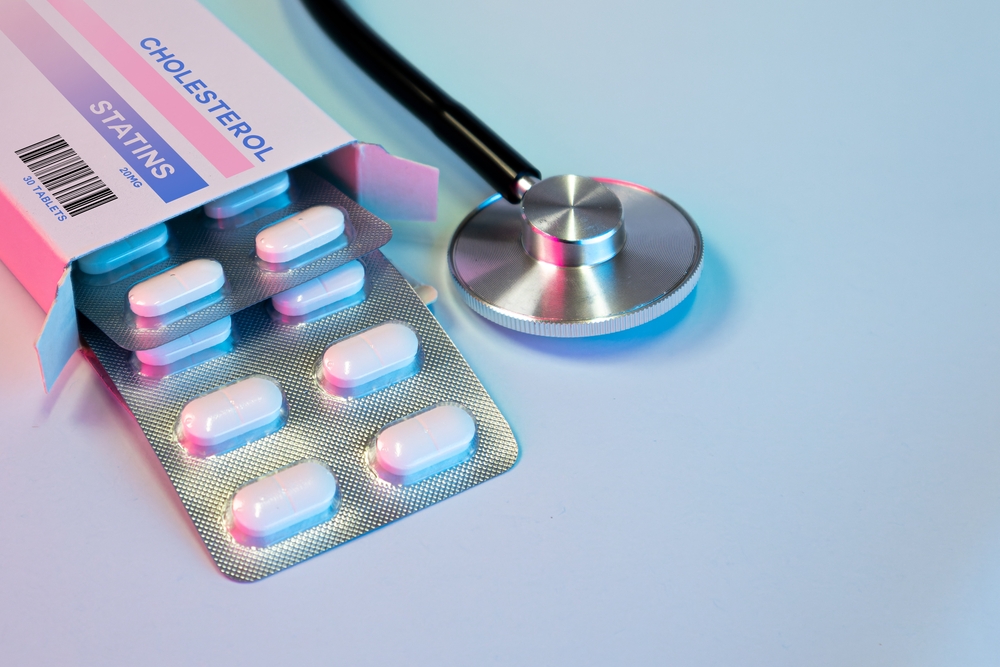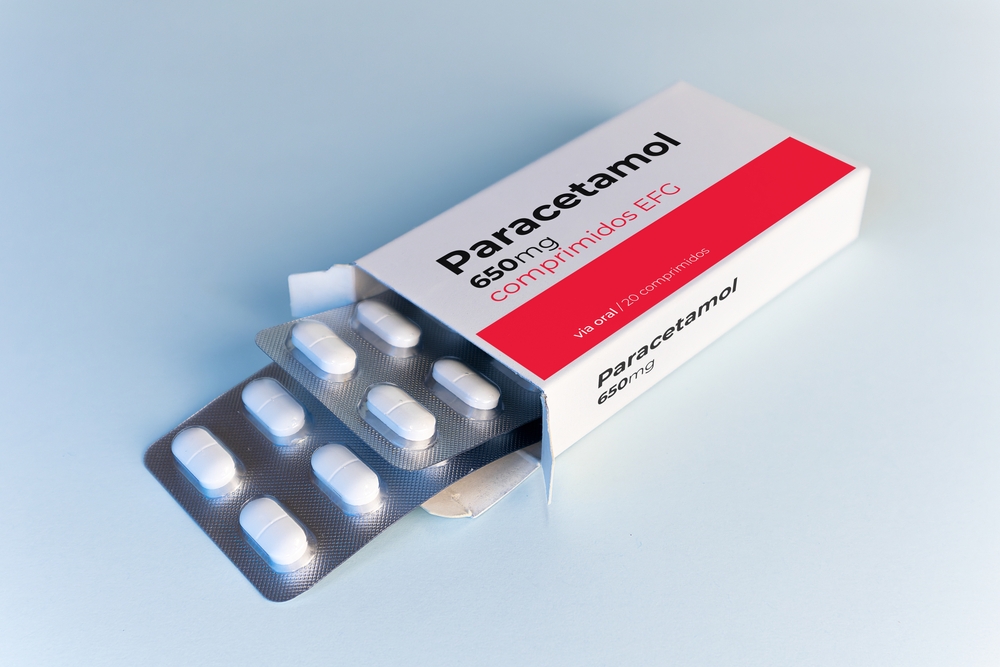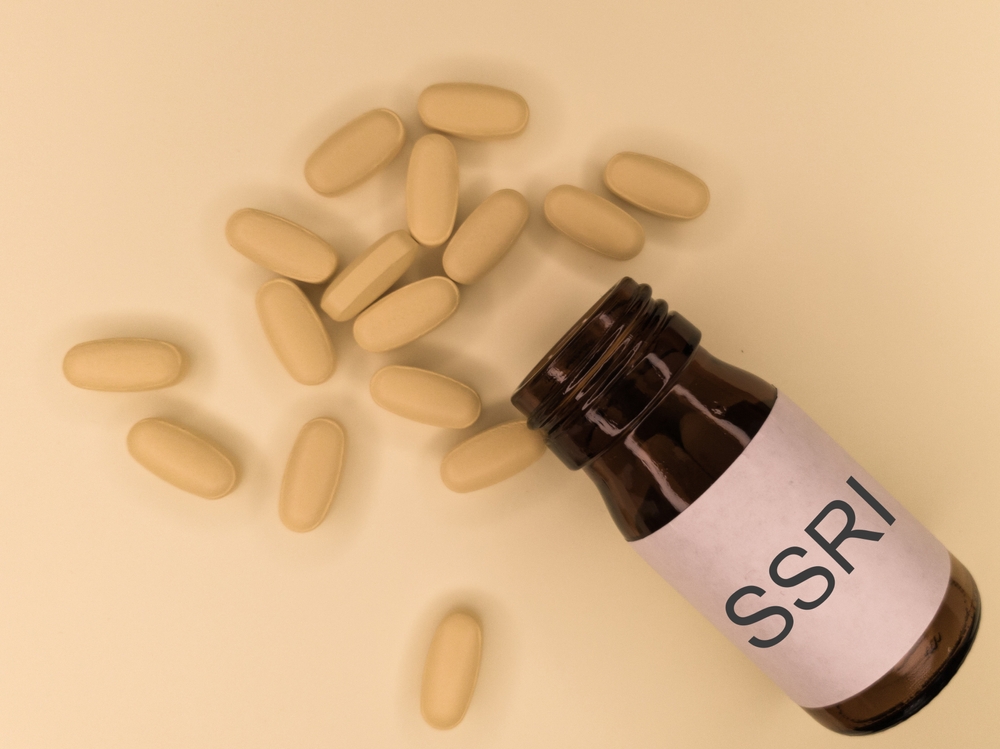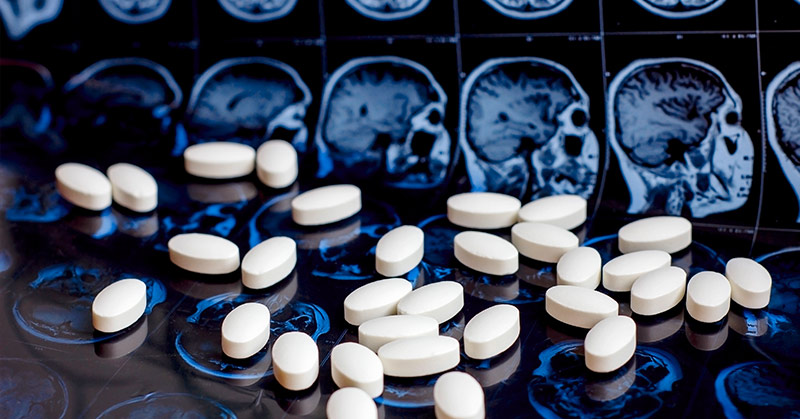The average American spends $12 hundred on prescription medications every year – more than any other nation in the world [1]. These include painkillers, anti-nausea drugs, diabetes and cholesterol medication, drugs for hypertension, arthritis, and infections [2].
Whenever you take any kind of medication, you’re probably paying some attention to whether or not you’re experiencing adverse physical side effects, but are you paying attention to the mental and emotional side effects of the drug? There is an entire body of research suggesting that many common prescription medications may not just be affecting our bodies, but our minds as well [3].
Mood, Drugs, and Behaviour Changes

Beatrice Golomb, who leads a research group at the University of California, San Diego, has been studying how common medications change people’s moods, behaviors, and even personalities for quite some time. Over the years she has heard countless stories from patients across the United States of marriages falling apart, careers being ruined, and even a number of men who have come alarmingly close to murdering their wives [3].
It can sometimes take patients many cycles of starting and stopping the use of the drug before they realize that it is the source of their behavior change. This, she says, is normal, because most people have difficulty recognizing the change in themselves, and even more difficulty realizing that it is the drug that is causing it [3]. Unfortunately for some, the realization that their medication could be the culprit comes too late, and there have been a number of cases wherein the patient took their own life [3].
Read More: A Woman Had to Undergo 20 Surgeries to Undo The Damage Caused By Medication
Statins, Aggression, and Risky Behaviour

Over twenty years ago, some research emerged that showed a mysterious link between lowered cholesterol and violence. It appeared that people with lower cholesterol levels were more likely to die in a violent manner [4]. This evidence made Golomb wonder whether there might be a link between statins, which are cholesterol-lowering drugs, and levels of aggression [3].
She did a deep dive into the research and found a shocking amount of evidence to support her hypothesis. A 1994 study found that when monkeys were put on low-cholesterol diets they became more aggressive. Why? The study found that when you lower an animal’s cholesterol, it affects their serotonin levels, which is a chemical that helps regulate mood and social behavior [5].
Altered serotonin levels seem to have an even worse effect on humans. A 1991 study found that people with dysfunctional serotonin regulation were more likely to be aggressive, violent, and suicidal [6]. Another study in 2003 found that men who had been arrested for murder and were sent in for a mental evaluation appeared to have serotogenic dysfunction [7].
Golomb has done her own research studies, including one in Sweden that compared cholesterol levels of 250 thousand people with criminal records. “Even adjusting for confounding factors, it was still the case that people with lower cholesterol at baseline were significantly more likely to be arrested for violent crimes.” [3].
Paracetamol Lowers Empathy

Dr. Dominik Mischkowski has conducted similar research to Golomb’s, only with a focus on paracetamol (aka acetaminophen or Tylenol), the pain-relief drug [3]. Paracetamol numbs pain by reducing brain activity in areas like your insular cortex, which not coincidentally plays a role in your emotions. Because of this, the drug can not only make your headache go away, but it can actually help you feel better after a rejection [8].
As it turns out, the brain’s pain centers are the same areas responsible for empathy, therefore drugs like paracetamol that affect these regions actually lower your ability to feel positive empathy for somebody else [3]. This is a major concern to Mischkowski because he is aware of the broader social consequences this effect could have.
“When you give somebody a drug, you don’t just give it to a person – you give it to a social system. And we really don’t understand the effects of these medications in the broader context.” [3] While lowered empathy may not sound like a major crisis, consider that empathy leads to more stable romantic relationships, better-adjusted children, and more successful careers [3].
Read More: Why You Shouldn’t Mix Decongestants and Blood Pressure Medication
Antidepressants, Neuroticism, and Risky Behaviour

Of course, we all know that antidepressants affect our mood. After all, that is the point – they’re supposed to help you be less depressed. Researchers at Northwestern University in Illinois, however, found that these drugs might actually be affecting our personalities [9]. The study found that while antidepressants do make people feel less depressed, they also lowered patients’ levels of neuroticism. This may sound like a good thing, after all – who wants to be classified as neurotic- but there are some worrying consequences [9].
Neuroticism leads to higher anxiety and more over-thinking, but in some cases, this is a good thing- making you more averse to risks and can even improve performance [3]. American psychiatrist Peter Kramer says this is problematic because people who are on antidepressants may stop caring about things that most people do (and should) care about [3].
A Lack of Interest

All of these researchers agree that there are many drugs that come with worrisome mental and emotional side effects, but their largest concern is not the effects themselves, but the lack of interest in the medical world in uncovering it [3]. “There’s much more of an emphasis on things that doctors can easily measure,” says Golomb, explaining that research into the symptoms of these drugs has focused primarily on the physical [3].
Mischkowski agrees: “There is a remarkable gap in the research actually when it comes to the effects of medication on personality and behavior,” he says. “We know a lot about the physiological effects of these drugs – whether they have physical side effects or not, you know. But we don’t understand how they influence human behavior.”[3]
Bottom Line

None of these experts are arguing that you should stop taking your medication. All of these drugs have saved thousands of lives and have really helped people suffering from pain and illness, but they believe that patients need to be more informed about the possible mental and emotional side effects these drugs can have [3]. Currently, there is little knowledge about how these medications that we are taking in mass quantities are affecting our society as a whole, and there needs to be greater awareness of the potential risks to avoid preventable tragedies.
Read More: Doctors Warn Not to Use Ginger If You’re On Any Of These Medications
Sources
- https://www.bloomberg.com/quicktake/drug-prices
- https://www.businessinsider.com/common-popular-prescription-drugs-us-2017-7#8-glucophage-metformin-used-to-treat-diabetes-5-3
- https://www.bbc.com/future/article/20200108-the-medications-that-change-who-we-are?fbclid=IwAR1ur8g8ctCHdjr4ovejkCIgpgt9Uh5L4kvb6pHmLmZBH3WsVSKfBPtFeXA
- https://www.ncbi.nlm.nih.gov/pubmed/9499332
- https://www.ncbi.nlm.nih.gov/pubmed/7532867
- https://europepmc.org/article/med/1721619
- https://journals.sagepub.com/doi/abs/10.1177/009318530303100302
- https://www.ncbi.nlm.nih.gov/pubmed/20548058
- https://www.ncbi.nlm.nih.gov/pubmed/19996037

